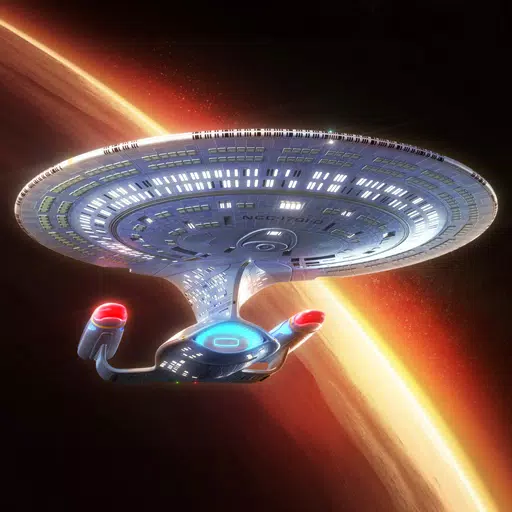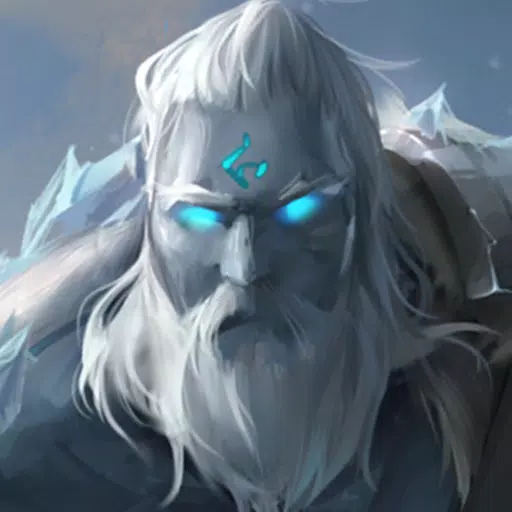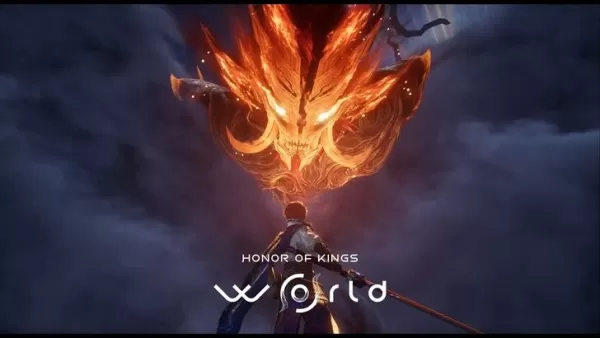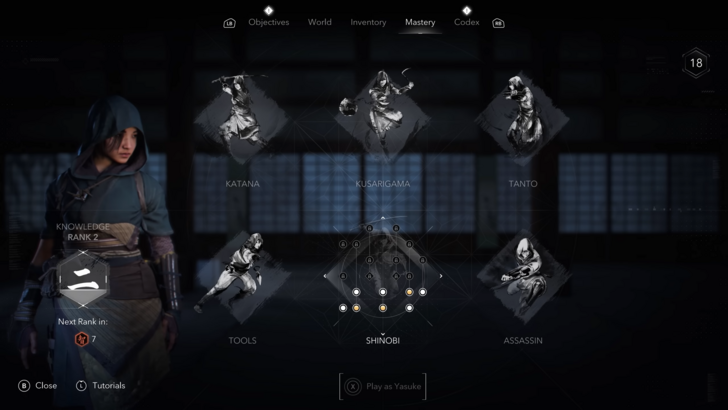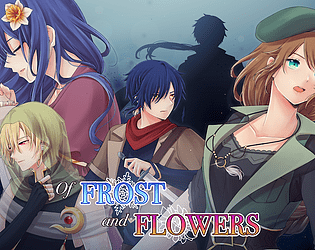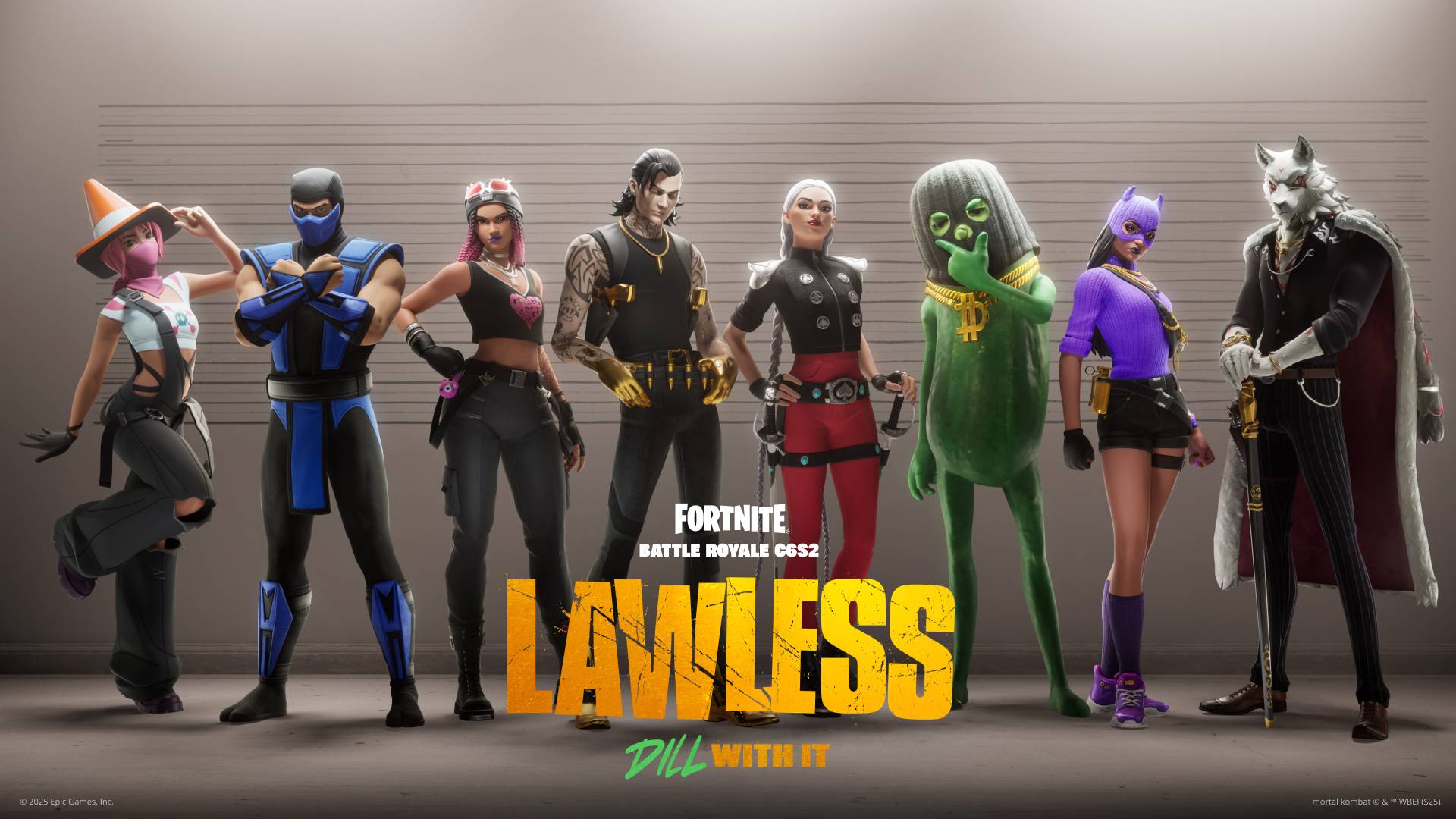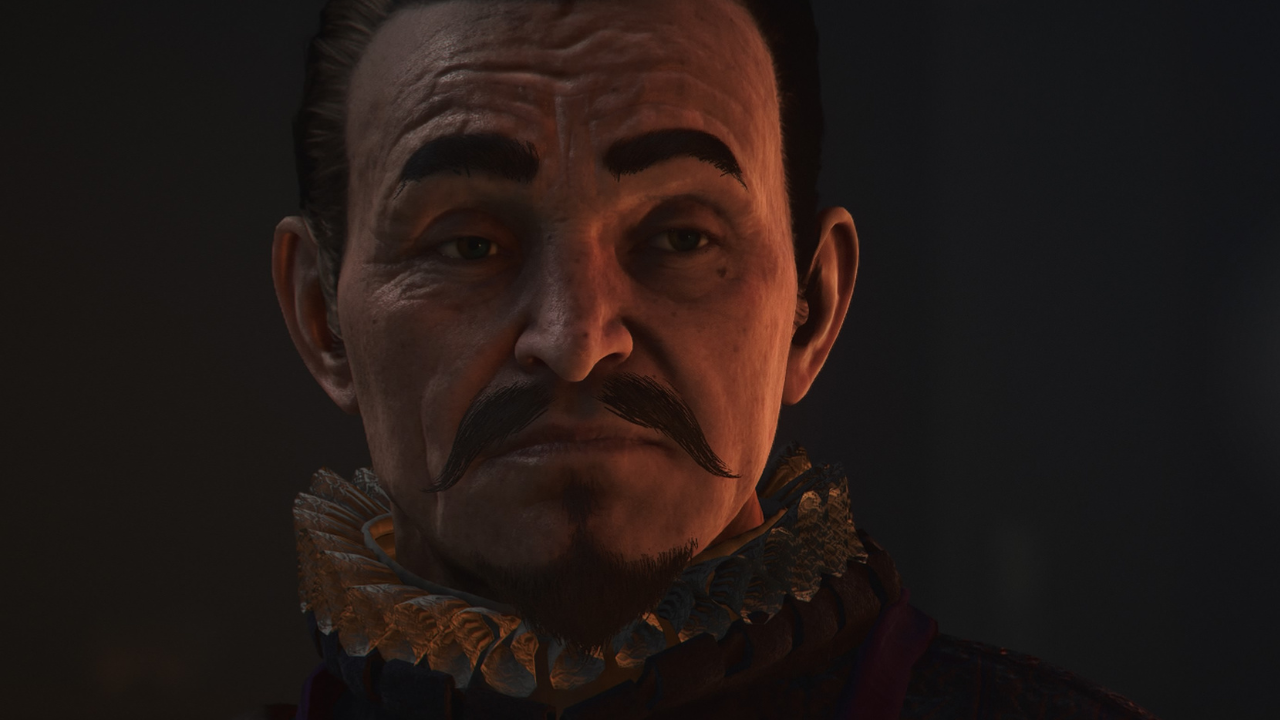BioWare's Challenges: Dragon Age's Uncertain Future and Mass Effect's Status
What’s happening with BioWare? The future of Dragon Age looks uncertain, and concerns are growing over the fate of the next Mass Effect. Let’s delve into these issues in this article.
The highly anticipated return to form for Dragon Age, titled Dragon Age: The Veilguard, was meant to prove that BioWare could still craft quality RPGs with compelling narratives. However, it fell far short of expectations. Over 7,000 players on Metacritic rated the game a mere 3 out of 10. According to Electronic Arts, sales were only half of what had been projected.
Currently, the future of BioWare’s RPG projects, including Dragon Age, remains unclear. There is also growing concern surrounding the development of the next Mass Effect installment.
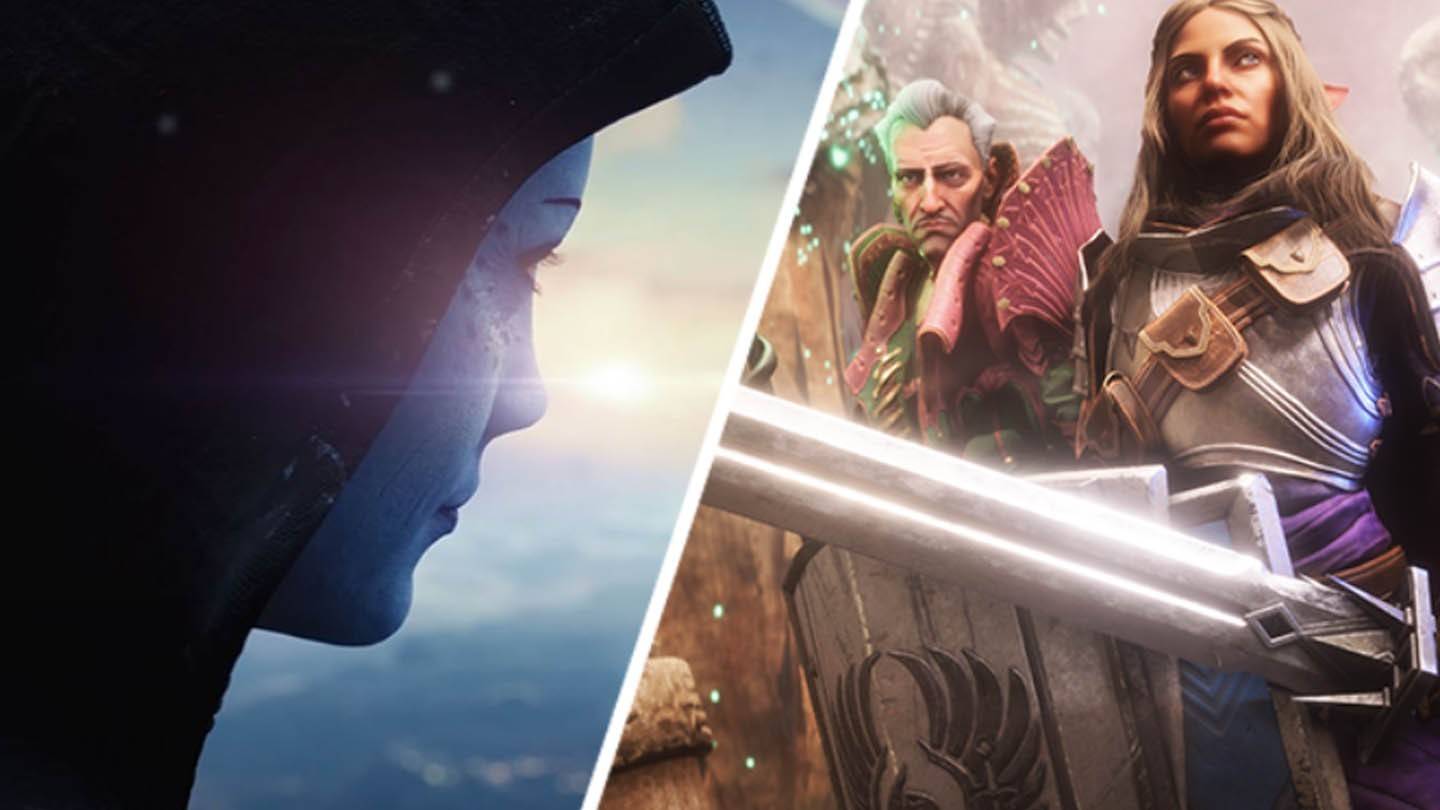
Image: x.com
The Long Road to Dragon Age 4
Development of Dragon Age 4 spanned nearly a decade, marked by constant shifts and limited progress. It all began following the success of Dragon Age: Inquisition. In 2016, Mark Darrah, then the series’ executive producer, laid out an ambitious roadmap:
- Dragon Age 4 was initially planned for release between 2019 and 2020.
- A fifth installment would follow 1.5 to 2 years later.
- Dragon Age 6 would conclude the trilogy by 2023–2024.
BioWare aimed to transform Dragon Age into a flagship RPG franchise, comparable to The Elder Scrolls, with EA ready to back it with significant investment.
However, plans unraveled at the end of 2016 when resources were diverted to Mass Effect: Andromeda, developed by BioWare Montreal. After Andromeda underperformed, the studio was disbanded, and staff were reassigned to Anthem. As a result, from 2017 to 2019, Dragon Age 4 existed only in concept, managed by a minimal team.
In 2017, EA shifted focus toward live-service games—titles like Destiny and The Division—and reimagined Dragon Age as a multiplayer-focused, service-based experience. This version, codenamed Joplin, included plans for ongoing updates, co-op modes, and monetization. But after Anthem failed in 2019, BioWare successfully convinced EA to return to a single-player vision. By then, years had been lost, teams needed rebuilding, and priorities had to be reset. The project was rebranded as Morrison.
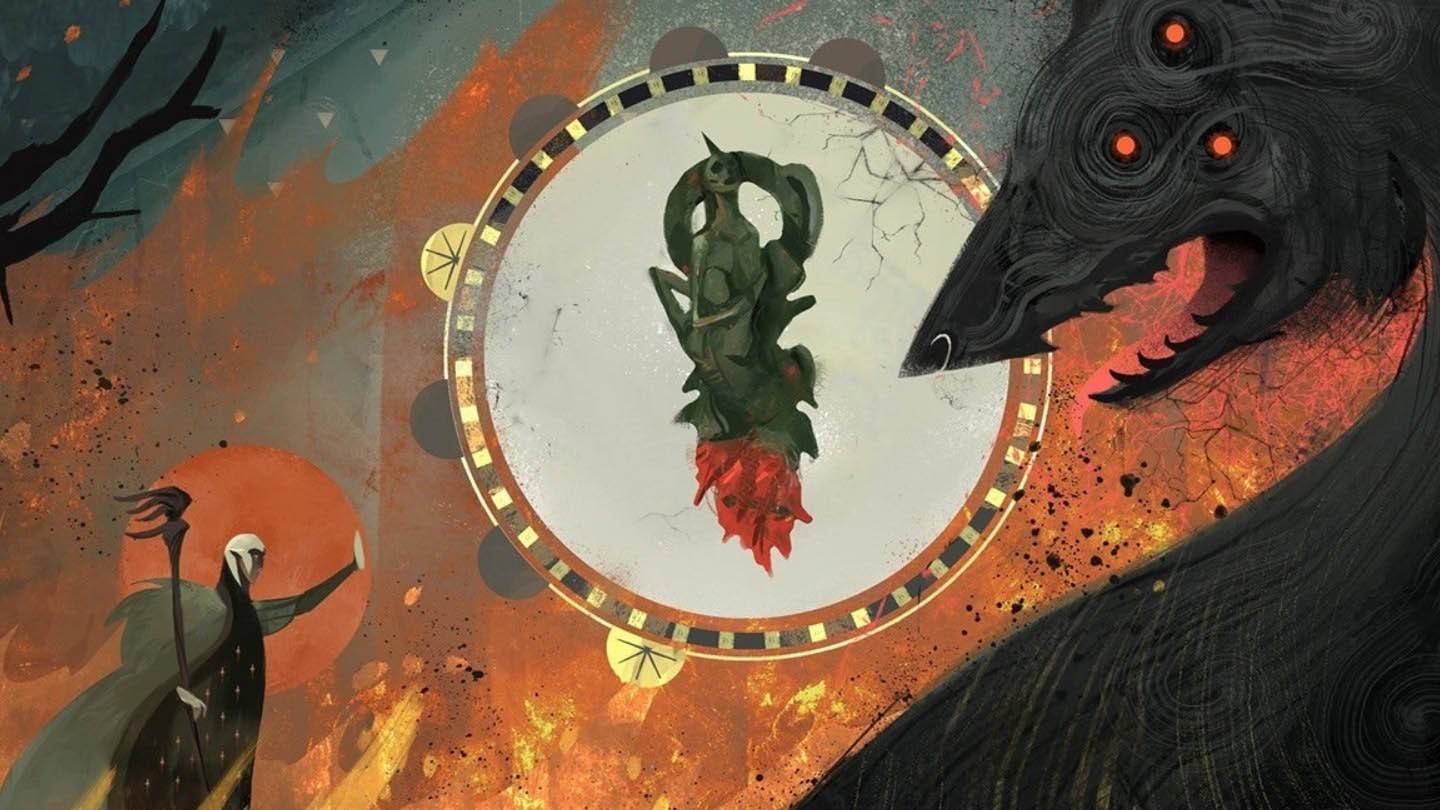
Image: x.com
In 2022, the game was officially announced as Dreadwolf. Closer to launch, the subtitle changed to The Veilguard due to narrative shifts—moving focus from Fen’Harel, the Dread Wolf, to the protagonist and their team.
The Veilguard launched on October 31, 2024. Despite favorable reviews from critics, sales were disappointing—just 1.5 million copies sold, nearly 50% below projections.
Key Departures at BioWare
Following The Veilguard’s underperformance, Electronic Arts initiated major restructuring within BioWare. Many employees were reassigned to other EA studios, while others were laid off. Several key figures departed:
- Patrick and Karin Weekes: Veteran writers with over two decades at BioWare. Patrick contributed to every Mass Effect title, Dragon Age: Origins, and Inquisition. He served as lead writer on The Veilguard, crafting iconic characters like Tali’Zorah, Solas, Cole, Iron Bull, and Taash. His novel Empire of Masks, set during an Orlesian civil war, further expanded the lore.
- Corinne Bouche, game director for DA: The Veilguard, announced her departure in January 2025. She accepted an offer to lead a new RPG project, acknowledging her role in stabilizing BioWare during a turbulent period.
- Cheryl Chi, responsible for beloved characters such as Leliana, Cullen, Oghren, Isabela, Blackwall, and Harding, moved to Motive Studio.
- Silvia Feketekuti, known for her work on Liara, Josephine Montilyet, and Emmric Volcarin, left after 15 years.
- John Epler, creative director behind Bellerophon and Mass Effect, transitioned to Full Circle to work on Skate.
Other notable exits included producers Jennifer Shaver (Mass Effect 3, Anthem, Inquisition, Veilguard) and Daniel Sted (Legacy of the Sith, The Veilguard), narrative editor Ryan Cormier, and senior product manager Lina Anderson.
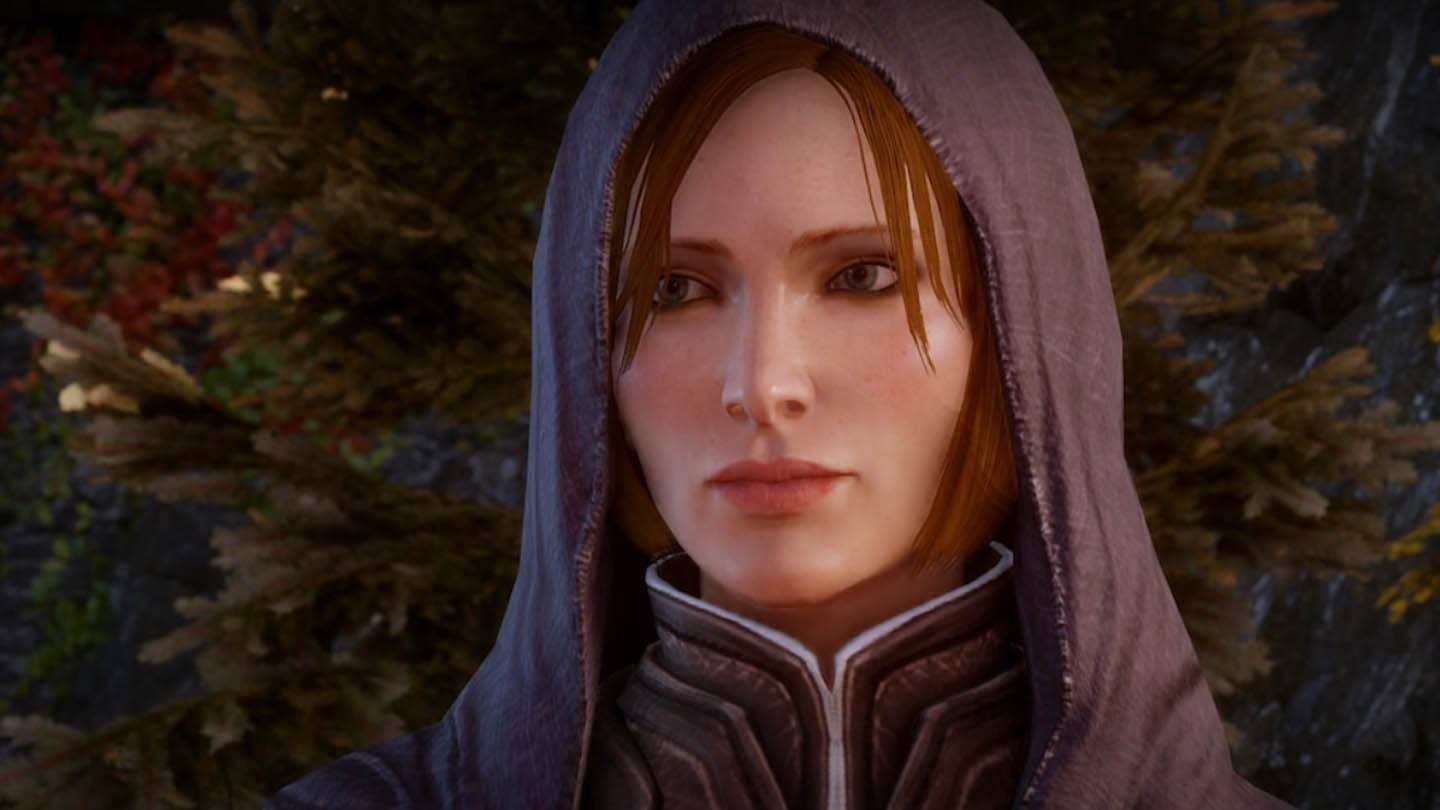
Image: x.com
BioWare’s workforce dropped from around 200 to fewer than 100 employees. While layoffs are common after underperforming releases, they don’t signal the studio’s closure. Resources have been redistributed—some developers moved to other EA projects, while a smaller core team continues development on the next Mass Effect under veteran leadership.
Dragon Age 4 Tried to Mimic Mass Effect but Failed
In interviews with Eurogamer, Corinne Bouche and John Epler revealed that The Veilguard drew heavy inspiration from Mass Effect 2, particularly its companion-driven narrative and approval systems. Player choices were intended to shape outcomes, culminating in a finale reminiscent of ME2’s Suicide Mission, where companion fates were determined by in-game relationships.
The team also borrowed from Mass Effect 3’s Citadel DLC, incorporating lighthearted downtime interactions between characters. Some features were added late in alpha development, leading to rushed implementation. While the final act stood out for its impactful faction decisions—offering a depth even Mass Effect 3 lacked—overall execution fell short.
Despite borrowing successful mechanics, Dragon Age 4 failed to deliver as a true RPG. World state carryover was limited to events from Inquisition, with little integration from earlier titles. The once-essential Dragon Age Keep save editor became obsolete, ignoring past player choices.
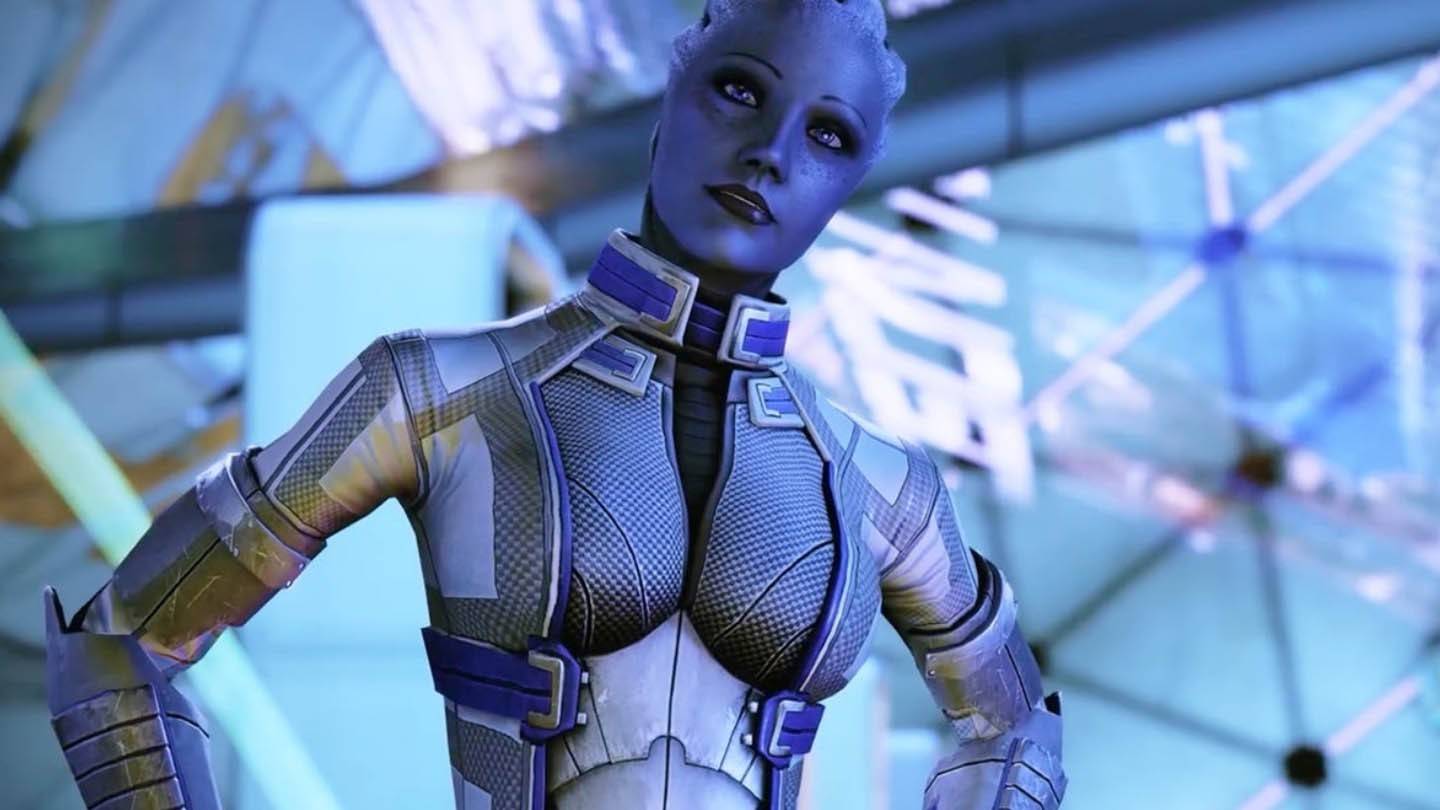
Image: x.com
To avoid contradicting established lore, the story minimized connections to previous entries. This weakened characters like Morrigan, whose fate hinges on prior decisions, and reduced Solas from a central antagonist to a mere advisor. The game also abandoned the series’ signature depth. Companions rarely challenged the protagonist, and themes like politics, religion, and the mage-templar conflict were handled superficially.
Dialogue systems, once a cornerstone of RPG gameplay, offered reduced variability and consequence. Story branches relied on broad, overarching choices, making the narrative feel linear.
To be fair: The Veilguard functions well as an action-adventure title—but it fails as an RPG, and worse, as a Dragon Age game.
Is Dragon Age Dead?
EA CEO Andrew Wilson suggested The Veilguard might have performed better as a live-service game.
"Games must align with modern standards, incorporating multiplayer mechanics and deeper engagement," he stated.
CFO Stuart Kent echoed this, noting that the latest Dragon Age underperformed compared to competitive single-player RPGs.
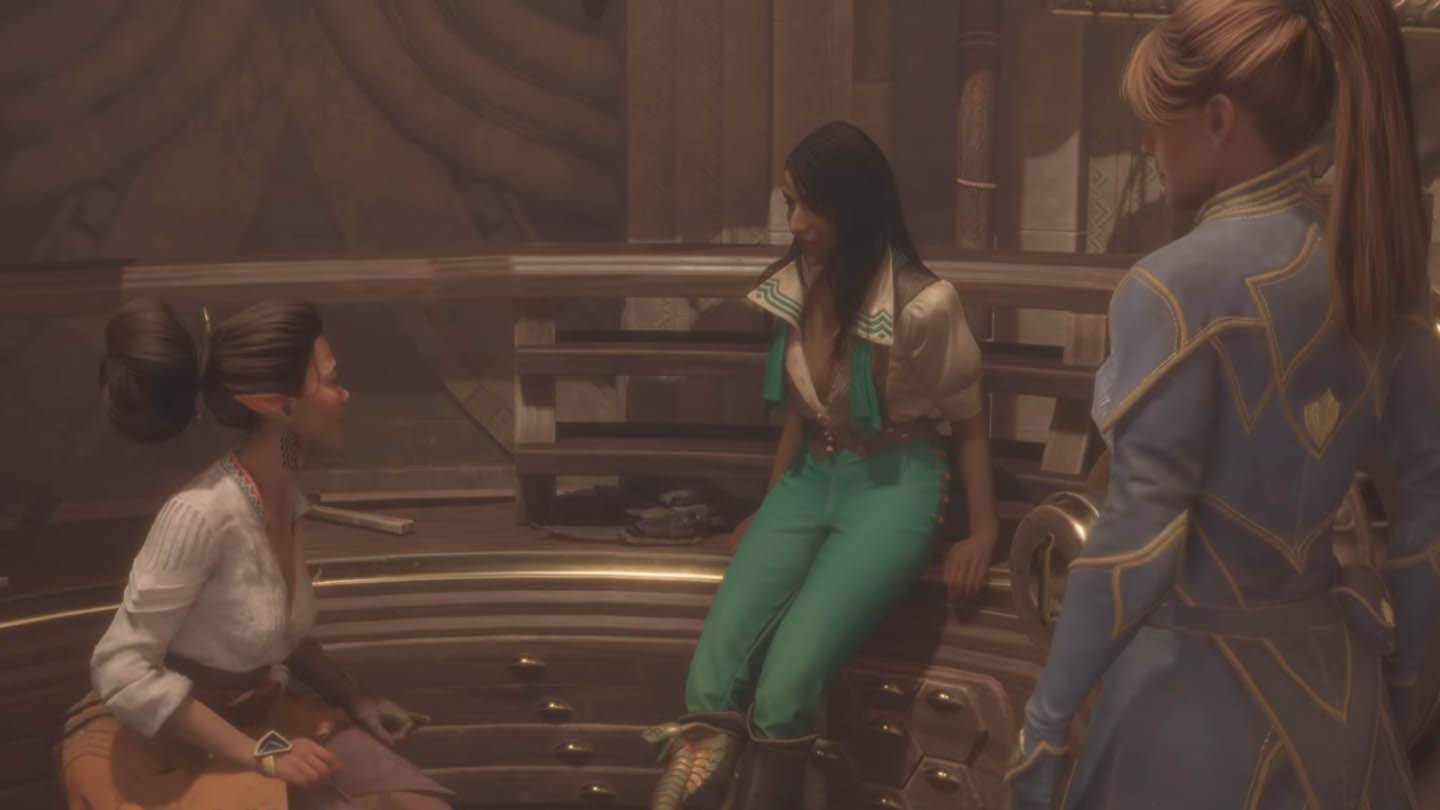
Image: x.com
In EA’s Q3 2024 financial report, the company highlighted strong performance in sports titles and upcoming investments in Battlefield Labs. Neither Dragon Age nor Mass Effect were mentioned, indicating EA is prioritizing more profitable ventures while approaching single-player RPGs with caution.
Before leaving, John Epler and Corinne Bouche expressed interest in expanding the Dragon Age universe—exploring uncharted regions like the Qunari and dwarven societies. Yet their departures cast doubt on these ambitions.
If the series returns, it will likely take years—and possibly in a reimagined format. As former writer Cheryl Chi put it:
Dragon Age isn't dead. Fanfiction, fan art, and the connections forged through the games keep it alive. Though the rights belong to EA and BioWare, the idea belongs to everyone.
What About the Next Mass Effect?
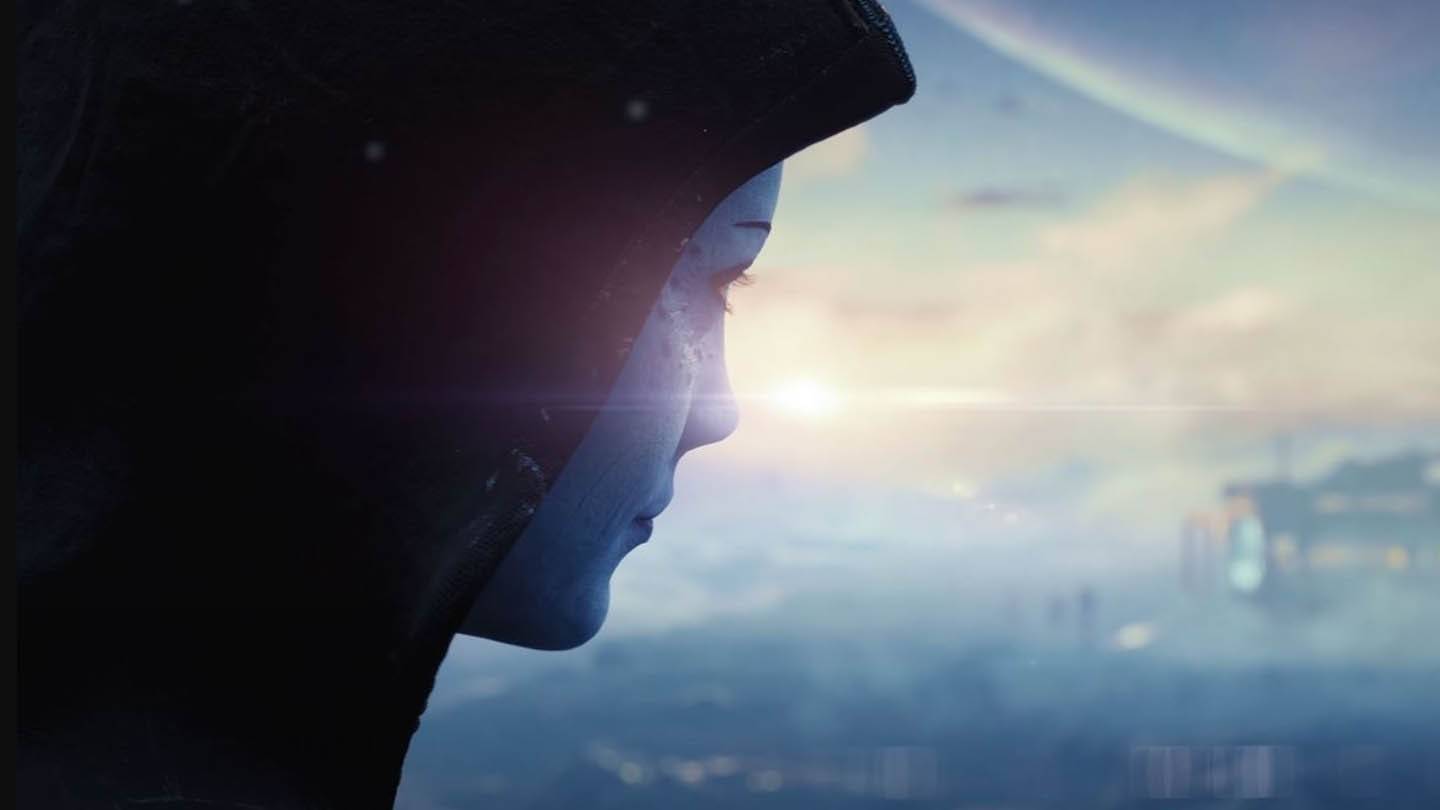
Image: x.com
Mass Effect 5 was officially announced in 2020 and is currently in pre-production. With The Veilguard now released, it stands as BioWare’s only major project, albeit with a significantly reduced team.

